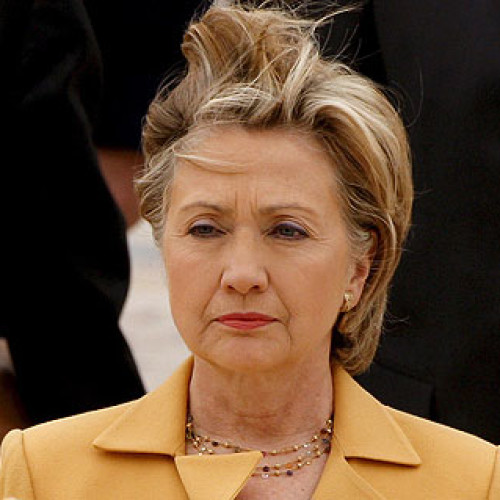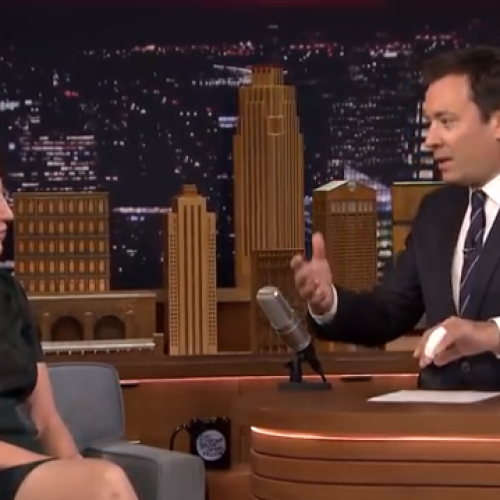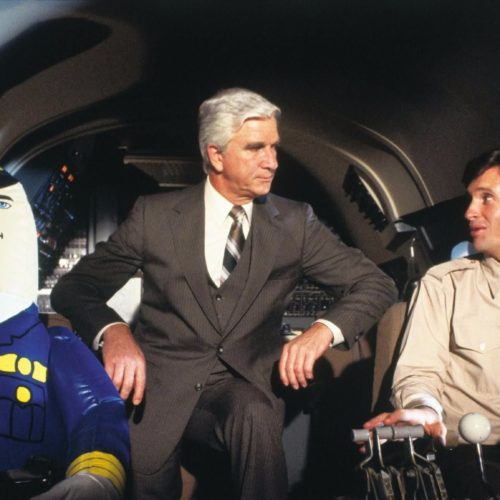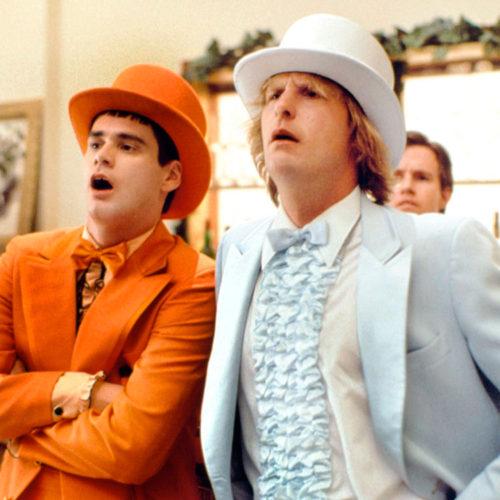Girl Power: Carly Fiorina’s Gift to God
The GOP presidential candidate lineup is more diverse than ever, but one candidate stands out: Carly Fiorina
The former Hewlett-Packard (HP) CEO and breast cancer survivor was unknown until her stellar debate performance in August. Her gender, along with the confluence of business, technological, and leadership skills, separated her from the other candidates.
Educated at Stanford and MIT, Fiorina rose from being a receptionist to lead a Fortune 50 company. To women who do not identify with liberal feminism’s reproductive agenda, fearless Fiorina’s focus on opportunity speaks to them. To Republican women, success is not obscene but inspiring. She embodies the American dream when that possibility is too distant for many women.
The first chapter of her memoir “Tough Choices” revealed a different person than the woman Americans saw on the debate stage. Young Carly, born Cara Carleton Sneed, was afraid of everything: losing her parents, their disapproval, her decisions, and defeat.
Fiorina found inspiration in church one Sunday morning when she noticed a quote:
“What you are is God’s gift to you. What you make of yourself is your gift to God.”
She read French journalist and absurdist philosopher Albert Camus’ novel “The Stranger” in high school. Ironically, this bridged her cherished quote with having a philosophy to guide life’s choices and served as a turning point in her life.
She recognized fear weakened her and defeated it by choosing her own and not her parents’ path. She dropped out of law school with nothing except the world’s wide-open arms. She wrote:
“On Mission: Impossible there was a woman spy. She was in business of some sort, and I thought she was wonderful. Her name was Cinnamon, . . . and she was elegant and capable . . . She was frequently underestimated by the enemy and always got the last laugh. She was, I decided, how I wanted to be when I grew up.”
Fiorina was tested early and often. Preparation for a new job was something she did well, but she was not prepared to do  business in a strip club. The Board Room wasn’t just a meeting venue, it was a high-dollar gentlemen’s club. She was assigned to manage a sales account with a male colleague, and she was not invited to one such meeting. Her desire to be taken seriously outweighed her embarrassment. Dressed in a conservative suit, she attended the meeting (to her boss’ horror) and gained some respect from her co-workers.
business in a strip club. The Board Room wasn’t just a meeting venue, it was a high-dollar gentlemen’s club. She was assigned to manage a sales account with a male colleague, and she was not invited to one such meeting. Her desire to be taken seriously outweighed her embarrassment. Dressed in a conservative suit, she attended the meeting (to her boss’ horror) and gained some respect from her co-workers.
Fiorina was in a male-dominated business.There weren’t many women in high-ranking positions to guide her. There wasn’t a playbook to follow. As she gained experience and took risks, fear remained her constant companion, but allowing doubts to guide the ship would not encourage growth, and she could not let that happen.
Carly advanced at AT&T, Lucent Technologies, and finally Hewlett-Packard. When the Hewlett-Packard board offered her the top job, she worried about the risks. She was an outsider and did not have CEO experience. HP was stagnant and lagged behind its competitors, but Fiorina, drawn to major challenges and comfortable in a leadership role, accepted the offer.
It was a difficult time. Y2K, the 2001 recession, 9/11 terrorist attacks, and the HP-Compaq merger happened while Fiorina was in charge.
The Hewlett and Packard families opposed the merger, and the company underperformed afterwards. Three years later, Fiorina was fired during what she called a two week “boardroom brawl.”
Critics called her a failure. She defended her actions. Better business minds can debate Fiorina’s decisions, but what does her candidacy mean?
Is Carly Fiorina’s presidential run about overcoming the past, or is she a confident woman who made good decisions and can take this country back to greatness?
Most voters don’t strip away a candidate’s education and accomplishments to examine their history and motivations. If that were the case, Hillary Clinton would not have been so successful. Candidates must present their vision of America with a plan to achieve it, but their personal stories help us understand them as individuals.
Most people could not withstand the workload and pressure Fiorina faced during her career. She was dismissed, she endured sexist remarks, and she had to prove herself. Some fear is necessary, but excessive self-doubt creates dependence and threatens initiative. Without initiative, how do we realize God’s gift to us — our talents?
Cara Carleton Sneed was afraid.
Once she learned to corral her fears and have faith in herself, Carly Fiorina became unstoppable.
Fiorina understands each woman defines success differently, and her success is her gift to God. Underestimated, smart, and capable describes the only Republican female candidate. I would say Mission: Impossible’s Cinnamon is alive and well in Carly Fiorina, but will she get the last laugh?
This article first appeared in the October issue of Ready magazine: www.readypublication.com







